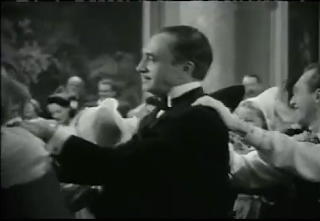During the Korean War, a group of solders in POW camp in North Korea watch as one of them is shoot trying to escape. Soon afterward, another soldier (Richard Baseheart) suddenly becomes a mouthpiece of their capture’s communist propaganda. What was his reason? After the war is over, that is what a lawyer, played by Richard Widmark, is trying to find out.
This solo directorial effort by character actor Karl Malden in an intriguing and sometimes surprising cross between a detective story and semi-courtroom drama. I use the term "semi"because the events of the movie are shown to be leading up to an almost certain court marshal. Therefore, most of the revelations do not take place in a courtroom with numerous persons, but in the small office of Widmark, in intense question and answer sessions.
This intimacy is one of the films many positive assets. The acting is in top form, if not a little over-the-top (most the cast seems to be trying to give Oscar worthy performances). The dialoge always has your attention, even if it feels that the characters are speaking in monologues, rather than statements, revealing its stage bound origins.
For the time, this movie refuses to provide easy answers, or even a conventional happy ending. There is no real antagonist, unless you count the North Koreans who imprisoned the solders, glimesed in the opening, as well as in lengthy flashbacks. The soldiers are presented as victims of starvation, cold, and impatience, and just not able (to quote another movie) “to take it anymore”.
Overall this movie is definitely worth your time. Its plot, acting and passing are above average, and its willingness to look at how man can be reduced to his baser instincts through extreme means prevent it from aging too much (with the exeption of how the female secretary is presented, but that is another story).









